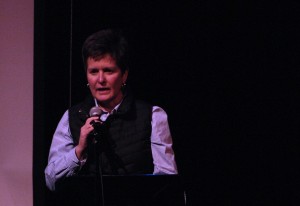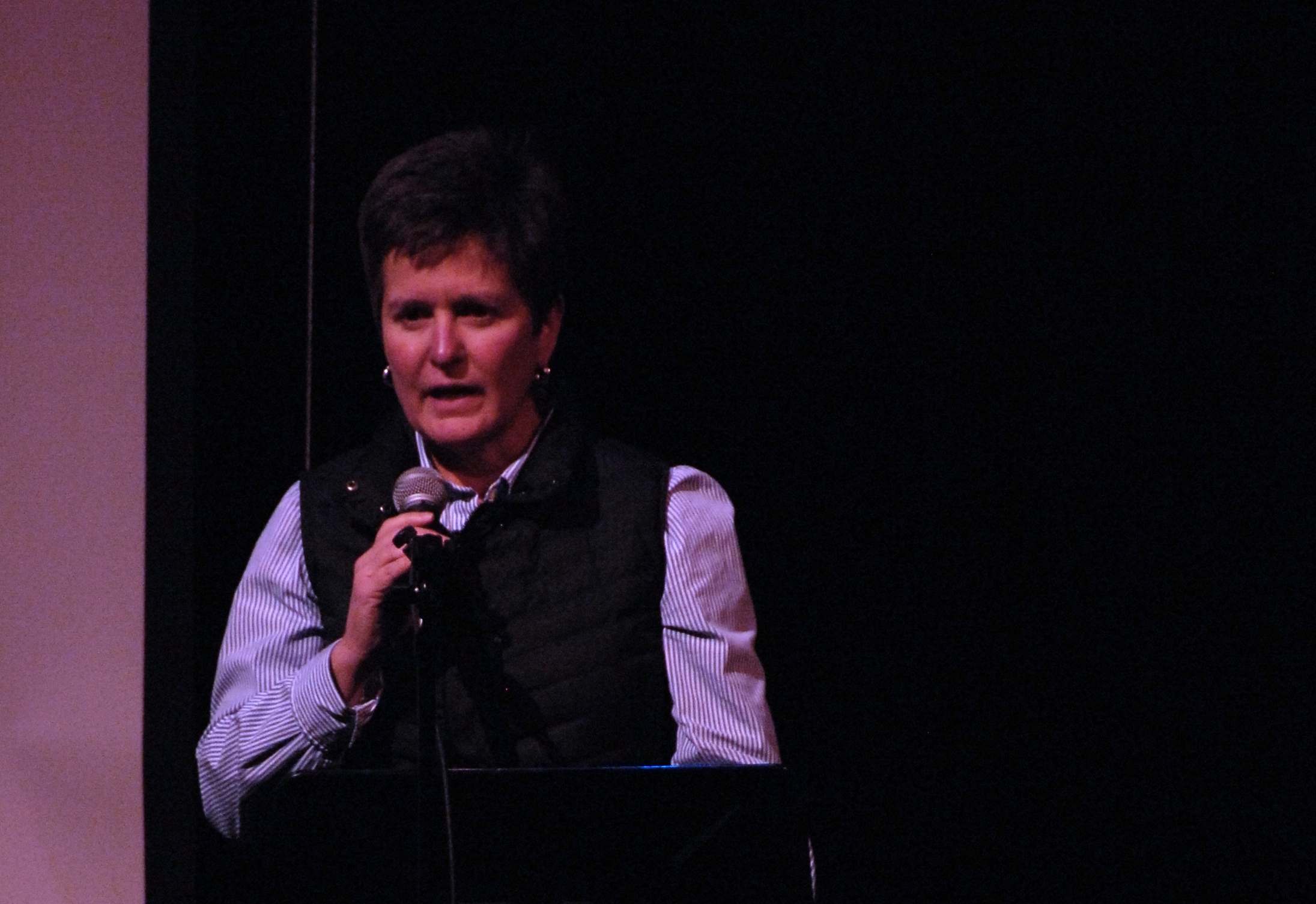
Last year, the Academic Honesty Task Force, which consists of students and faculty members, began to construct a plan for a committee whose purpose would be to approach the tough issue that is academic integrity. During an open round-table discussion that took place in early February, the proposed plan was introduced to members of the community. The new group is being called the Academic Integrity Committee (AIC). It will consist of eight students, two from each Form, as well as two faculty members, and the Assistant Principal. Students will submit applications and then the Forms will vote and elect the two representatives. The AIC’s two teachers, elected by the faculty, will each serve two-year terms. One of these faculty members must identify as a ‘person of color.’ This committee will function separately from the Disciplinary Committee. The upper school principal will only be called in if expulsion is in question.
During the roundtable discussion, Laura Danforth discussed how academic dishonesty can be more harmful to students than teachers, enforcing that it truly is a community issue. She spoke frankly about “two things that jeopardize an academic community: academic dishonesty and stealing.” The initial conversation regarding academic dishonesty on an assignment will take place between the student and teacher, before being presented to the AIC. The AIC is meant to deal with inconsistency. The AIC should be consistent but also flexible, a system which Mr. Rosenholtz compared to the speeding limit that carries different punishments based on different ‘speeds’ during the discussion. Additionally, he said that the importance of the committee is to ensure that one tough dean, or one lenient teacher does not determine punishments.
Another issue that arose during the meeting was that of the AIC being made up primarily of students, as well as having students on the disciplinary committee. Students who attended the meeting raised concerns about privacy. “I don’t think students should sit on the disciplinary committee,” to which Ms. Danforth replied, “most colleges and universities have students on the honor board, so this would be preparing you.”
The Fieldston News had the opportunity to interview Dr. Jennifer Tammi, who has been a key member of the Academic Honesty Taskforce and a major proponent of the AIC. She described what was done in the past in cases of academic dishonesty and how the process will change going forward. In the past, there was a clear-cut three-step approach: on the first offense, a student found to have been dishonest would get a zero on the assignment; the second, the student would have to appear in front of the disciplinary committee, and on the third, the student would be expelled. While this plan was comprehensive, Dr. Tammi said that “the problem we found was that it wasn’t always followed by the teachers. Some teachers, because of the hassle of dealing with the backlash from the students, parents et. al. would decide to either ignore the violation or would just handle it on their own and fail to send it through the policy’s stated process.” Under the new policy, cases would first be brought to the AIC. According to Dr. Tammi, Fieldston’s policy is more lenient compared to other schools such as Horace Mann. Dr. Tammi believes that “our students, should they not understand what academic honesty entails, get a chance to make mistakes at Fieldston where they won’t be kicked out the first time around so that they can learn from their mistakes.”
While compared to some academic institutions, Fieldston has a low rate of academic dishonesty, but room still remains for improvement. One way that the School has recently tried to make the rules clearer to the students is by having each academic department create its own policy for academic dishonesty. That way, students understand what counts as cheating and plagiarism, whether they are neglecting to footnote sources on a history paper or using Google to translate entire sentences on a French project. Educating students on plagiarism and other forms of academic dishonesty is important for teachers, said Dr. Tammi. “My first year I had several cases of academic integrity violations. I have always hated dealing with it – it is unpleasant for all involved. But I have also felt that it is my responsibility to not just teach my students history or how to write or think but how to be good citizens and this is part of that.” While some students might feel uncomfortable with having the AIC be mainly made up of students, Dr. Tammi said that it is necessary because “we want the community to ‘own’ this process and the goal of maintaining academic integrity at Fieldston.”






